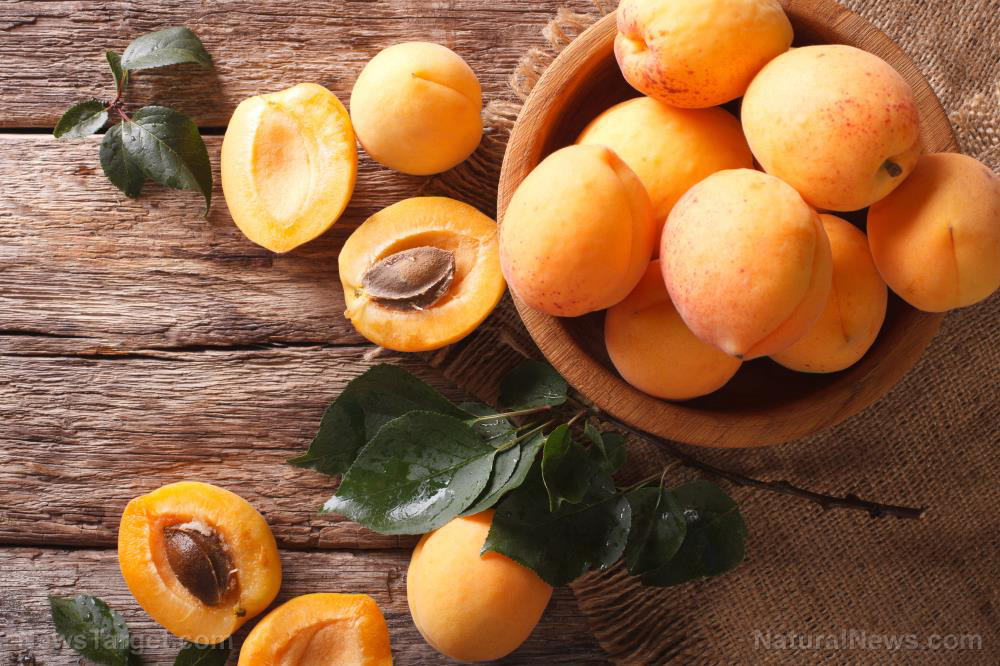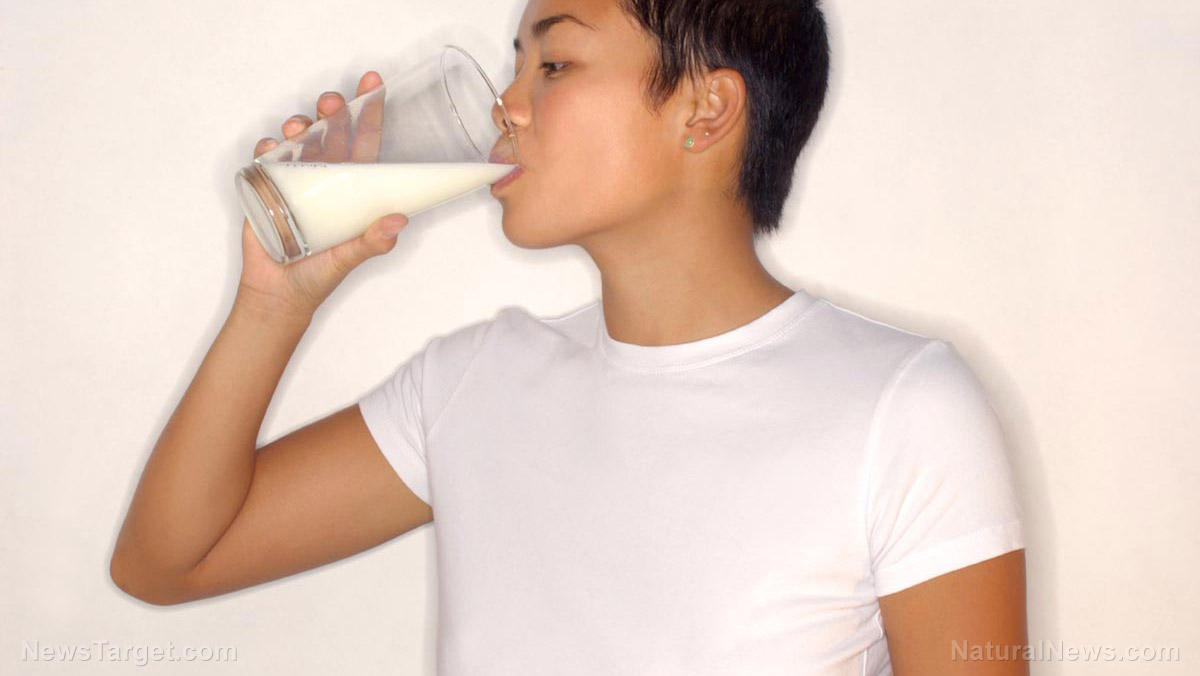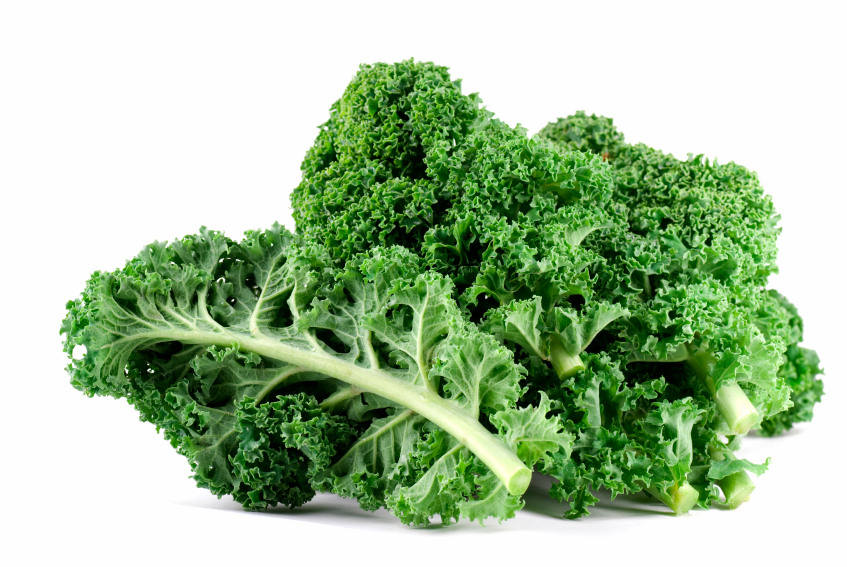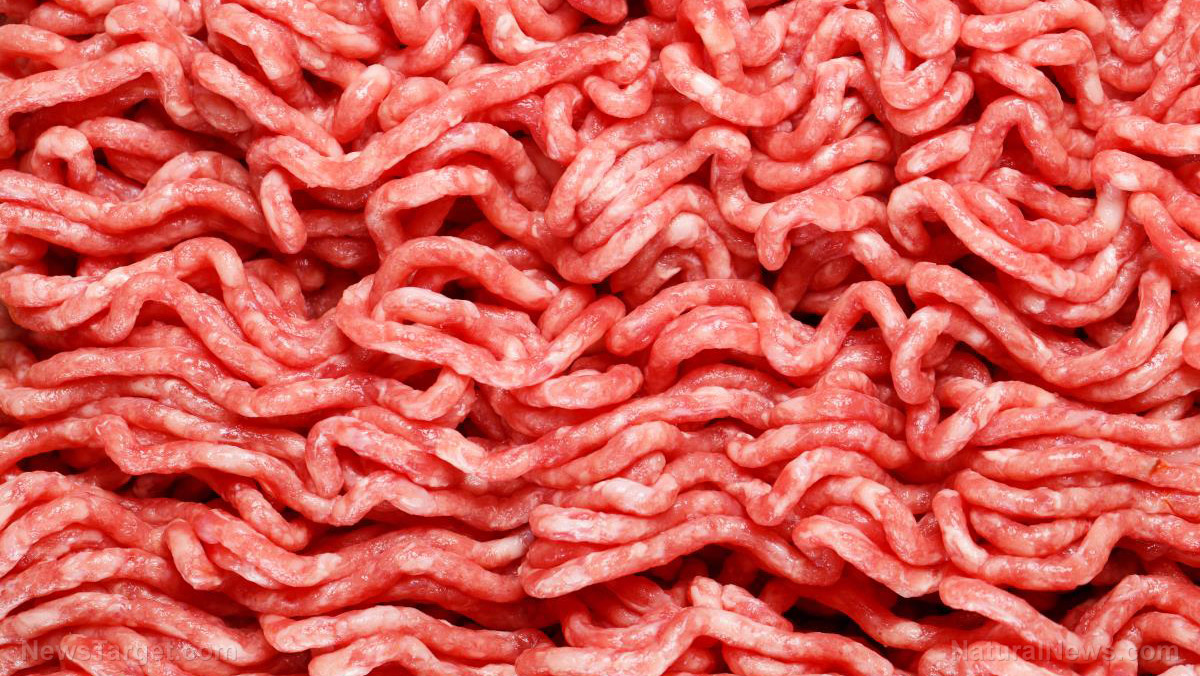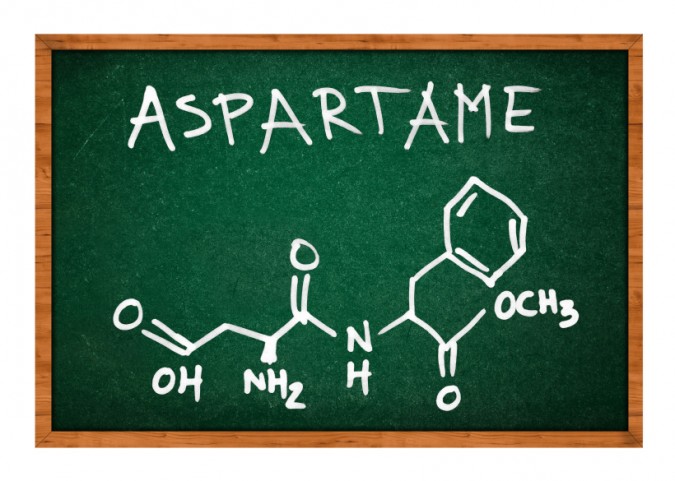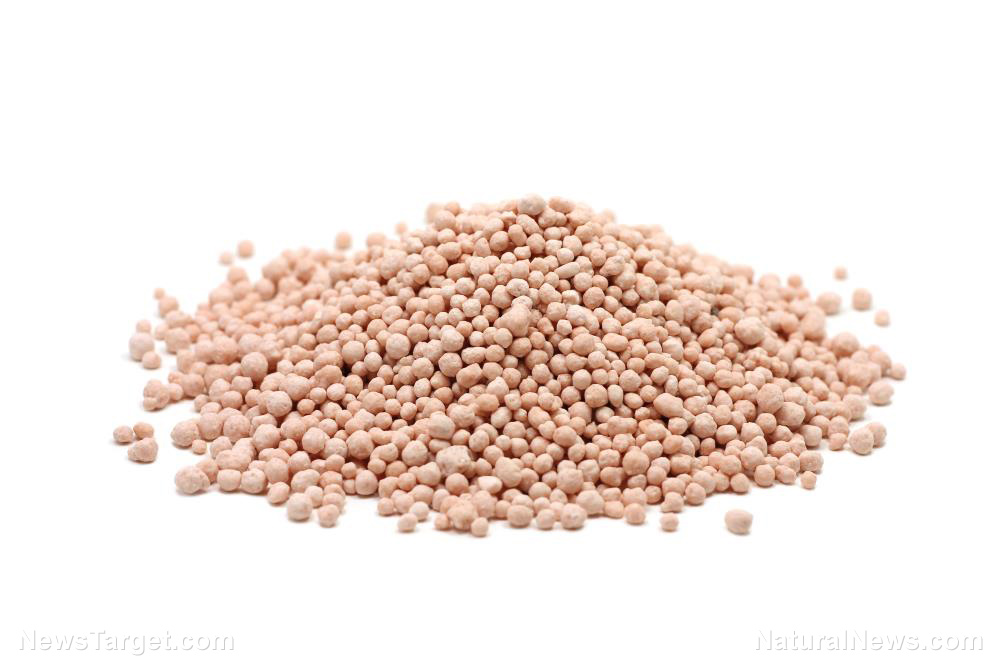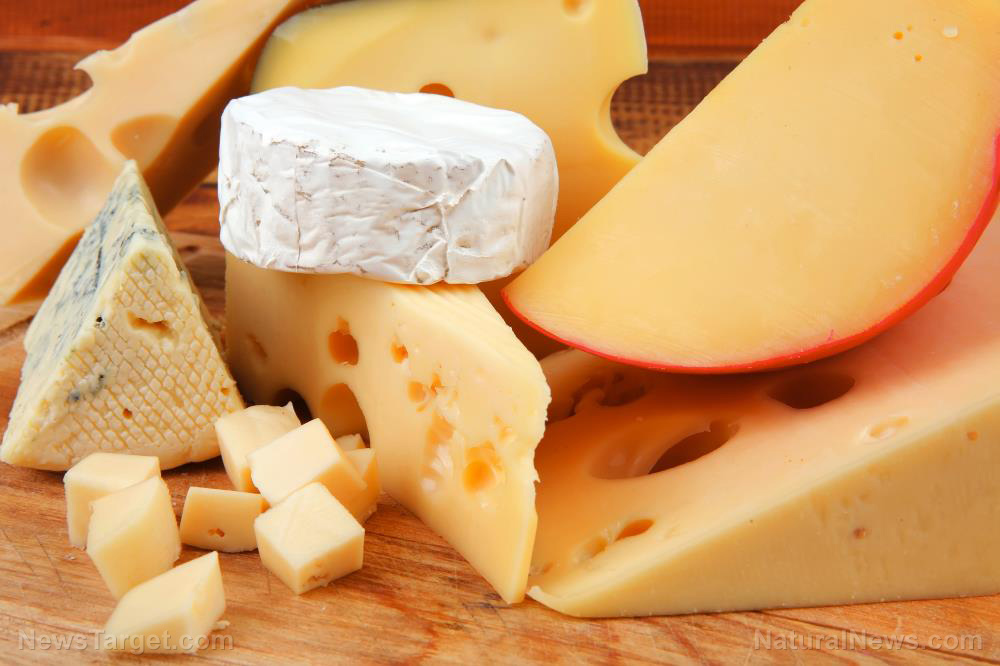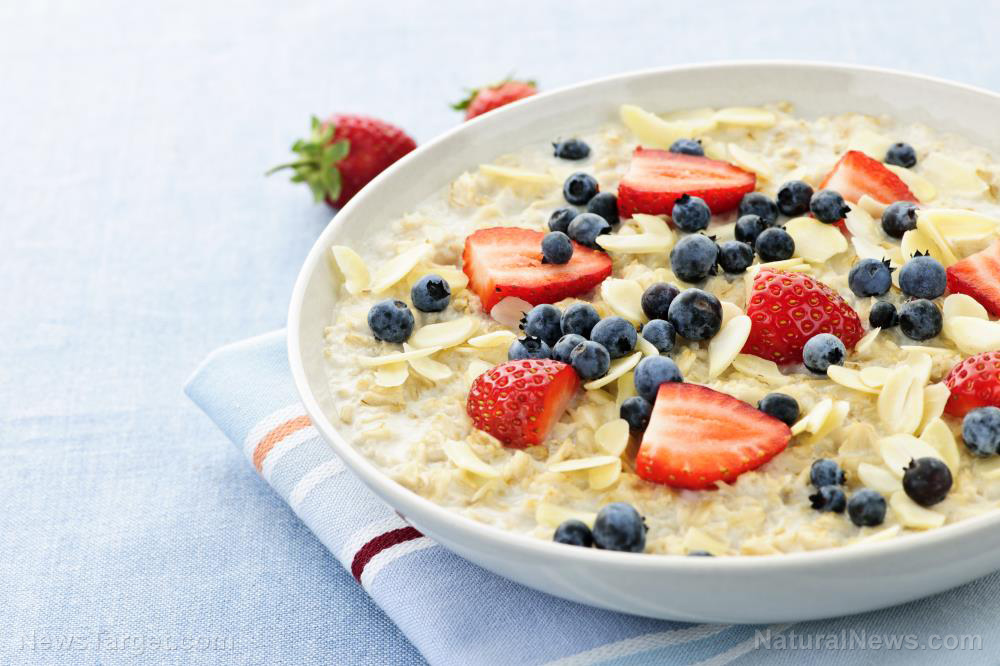Buyer beware: Products claiming “no added sugar” are not necessarily healthier or lower in calories
11/23/2018 / By Zoey Sky
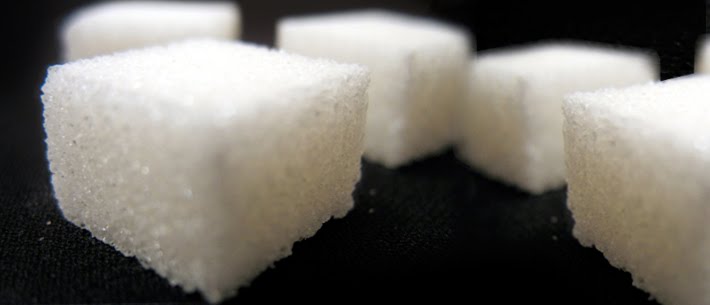
If you think simply looking at food labels can help you consume less sugar, think again. Despite claims that some food products have “no added sugar,” they might not always be the healthier option. Health-conscious individuals often rely on food labels to determine the sugar content of various products. However, are items with “no added sugar” claims always healthier and do they really have lower calories?
According to a recent study, which was published in Applied Physiology, Nutrition, and Metabolism, researchers at the University of Toronto said that while prepackaged food and beverages with “no added sugar” or “reduced in sugar” claims have lower sugar levels than products without sugar claims, the reduction in calories isn’t that significant. It is also possible that some of these products may contain amounts of sugar classified as in “excess” by the World Health Organization (WHO). (Related: Sugar industry acting more and more like Big Tobacco in its ridiculous defense of HFCS.)
Can Canadian consumers rely on these sugar claims? Jodi Bernstein, the lead author of the study who is a Ph.D. student in the Department of Nutritional Sciences, said that the problem lies among misaligned consumer perceptions, the definition of “added sugar” by regulations, and the relative amount of free sugar in products, or the sugar that is “no longer in its naturally occurring state” like juice from an orange and an orange in its whole-fruit form.
Canadian Food and Drug Regulations maintain that labeling on food products must “be accurate, truthful and not misleading.” But according to these same regulations, fruit juice, which is a significant source of free sugar, is often considered a fruit ingredient instead of a sweetener. Fruit drinks, a.k.a. products with fruit juice, will often have a “no sugar added” claim despite the fact that they contain an excess of free sugar. Bernstein even expressed her astonishment because 15 of the 16 fruit preserves and all 234 fruit juices and juice drinks that came with “no sugar added” claims actually had excess free sugar.
With data from the University of Toronto‘s Food Label Information Program (FLIP), the researchers responsible for this study identified the differences in calories and nutrients of Canadian prepackaged foods and beverages that came with and without sugar claims. The overall “healthfulness” of the products was scored based on nutrients to avoid (such as calories, saturated fat, sodium, sugar, and nutrients) and components encouraged for consumption (like fiber, protein, fruits, vegetables, legumes, and nuts).
A whopping 3,000-product list that included puddings, yogurts, cereals, fruit drinks, salad dressings, and sweet condiments (i.e. fruit preserves and syrups) was evaluated and it was found that 635 products had at least one sugar claim. Even though products with sugar claims had better healthfulness scores than similar products that didn’t have any claims, at least half of these products still had excess free sugar.
Bernstein called for changes in the current nutrient labeling guidelines, and she believes that “stricter criteria” are needed. She and her colleagues proposed a sugar reduction. Another option is for “no added sugar” claims to only be used on products with calorie reductions and without excessive free sugar content but with a guarantee that they meet an overall “healthy” criteria. Bernstein and her colleagues concluded, “This research is particularly well-timed given the emergence of dietary guidelines suggesting the need to limit free sugar intakes and the increased interest in reducing sugar consumption among Canadians.”
6 Healthy sugar substitutes
If you have a sweet tooth but are keen on watching your sugar intake, check out these healthier sugar substitutes:
- Coconut sugar – This substitute has a taste similar to brown sugar. It has traces of calcium, iron, potassium, zinc, and even antioxidants.
- Date sugar – A sweet sugar substitute, date sugar is made of dried dates in powder form.
- Molasses – Unlike refined sugar, a serving of molasses (about two tablespoons) contains at least 30 percent of the daily iron requirements of premenopausal women.
- Pure maple syrup – High in manganese and zinc, pure maple syrup contains evaporated maple tree sap.
- Stevia – A popular natural sweetener, stevia does not affect blood sugar levels and is calorie-free.
- Raw honey – A natural antibacterial, raw honey is also high in antioxidants.
You can learn more about how sugar and other sweeteners affect your health by looking at Sweeteners.news.
Sources include:
Tagged Under: added sugar, grocery, ingredients, nutrition, product claims, product labels, sugar levels, sweeteners

